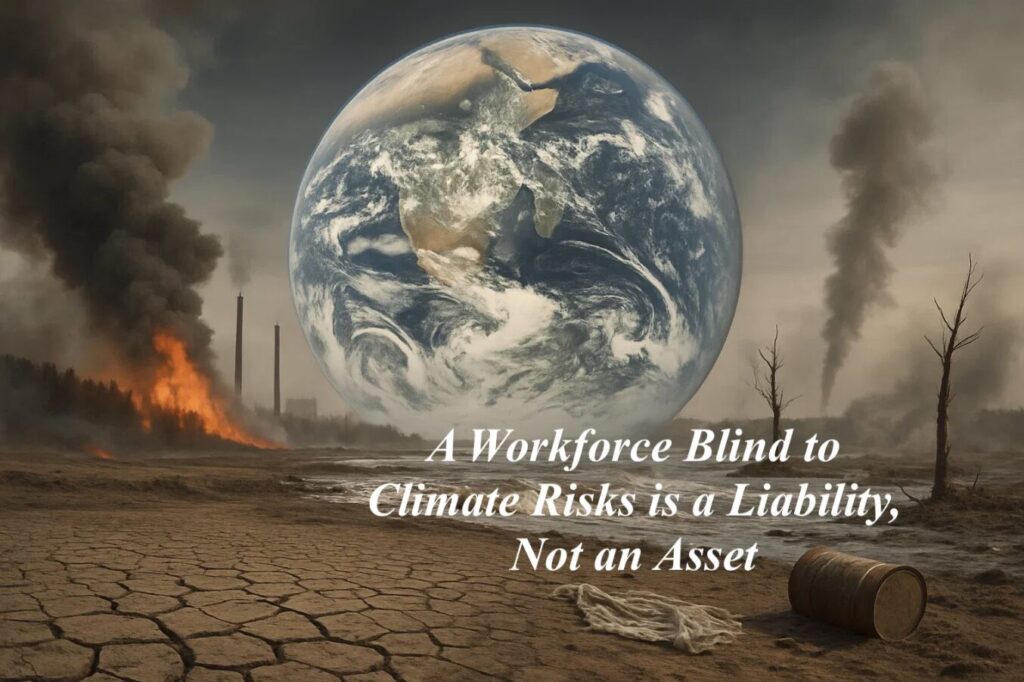
Written by Dr. Melik Peter Khoury
From Reactive Crisis to Proactive Leadership: Lessons from the Himalayas
The urgency is not confined to the lowlands. At the recent Sustainable Mountain Development Summit, leaders from across the Himalayas gathered under the banner of Himalayan Unity to confront the fragility of mountain ecosystems. These regions, often seen as distant or untouched, are in fact barometers of global climate stress.
Their melting glaciers, shifting weather patterns, and vulnerable populations mirror the same volatility we see in flood-hit Maharashtra. The lesson is clear that whether in river valleys or mountain peaks, we cannot afford reactive postures. We need to equip future generations with the knowledge and structures to anticipate, adapt, and lead in environments where the margin for error is vanishing at a global scale.
The images from Maharashtra are stark! Over 11,500 people evacuated, dams overflowing, lives lost to extreme weather events. While we mobilize crisis response teams and count the immediate costs, a deeper question emerges… How do we prepare the next generation to not just respond to such crises, but to prevent and adapt to them?
The answer lies not in designating certain schools as “environmental,” “sustainability focused,” or “green,” but in fundamentally reimagining education itself. Sustainability isn’t a specialized subject; it’s the lens through which every discipline must now be viewed.
To continue reading, view the full post here



